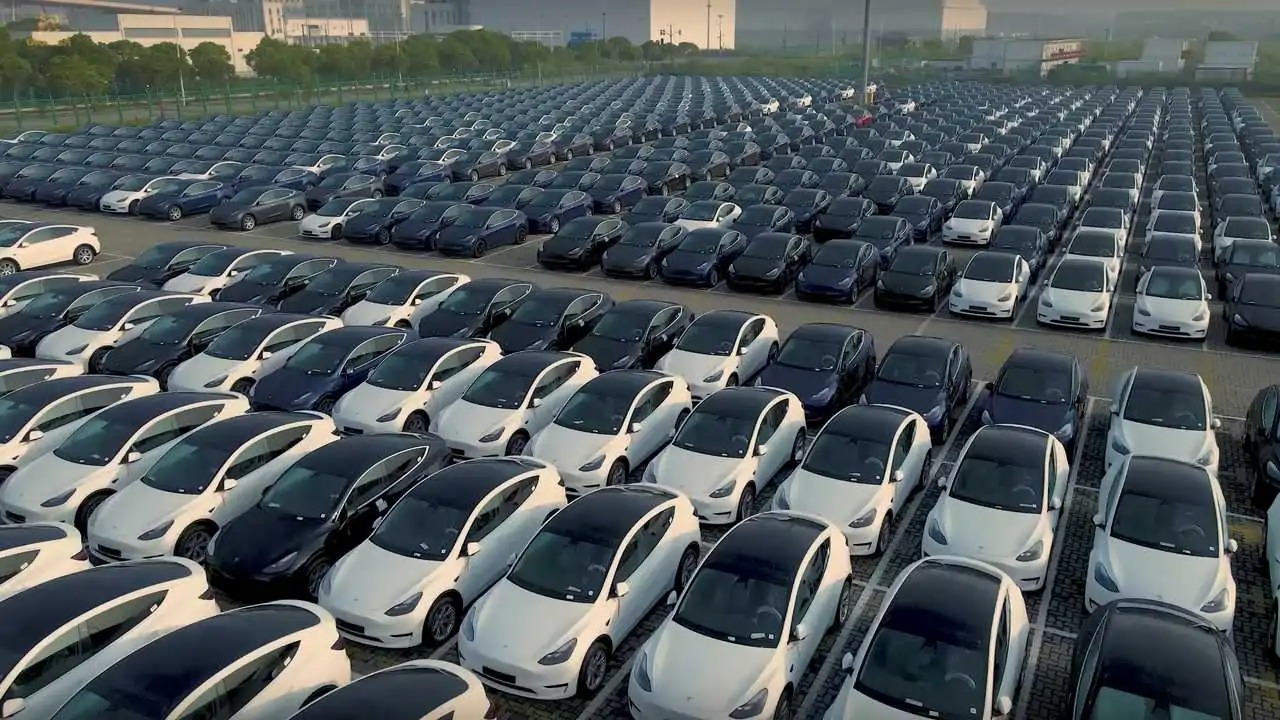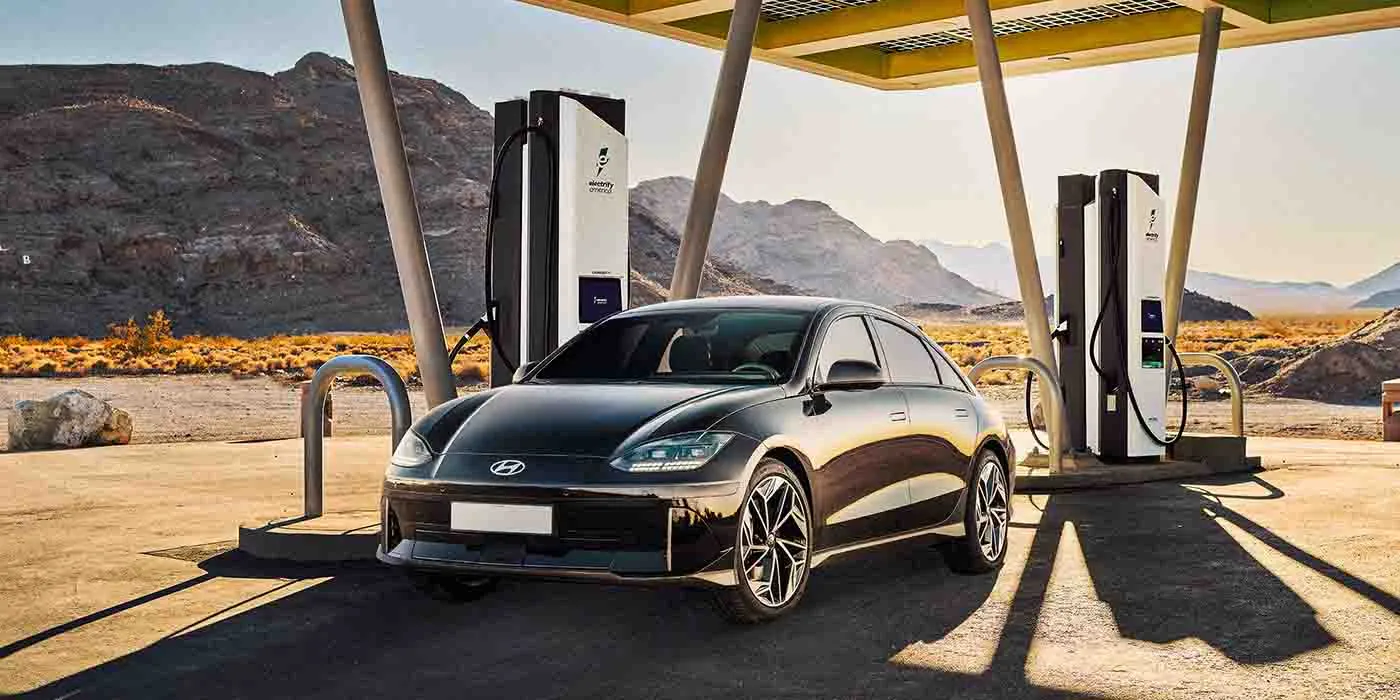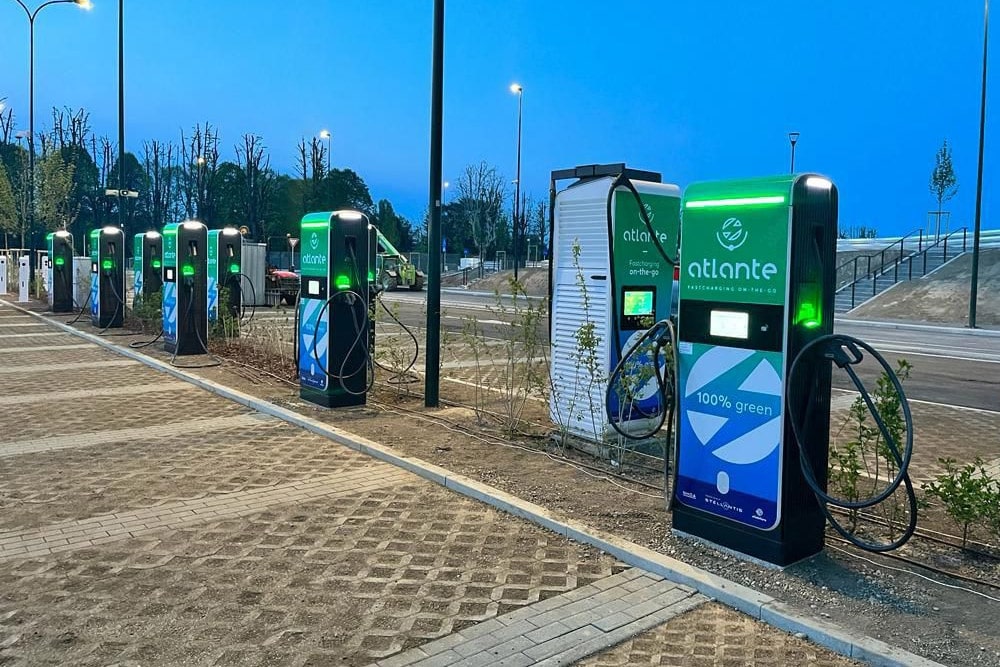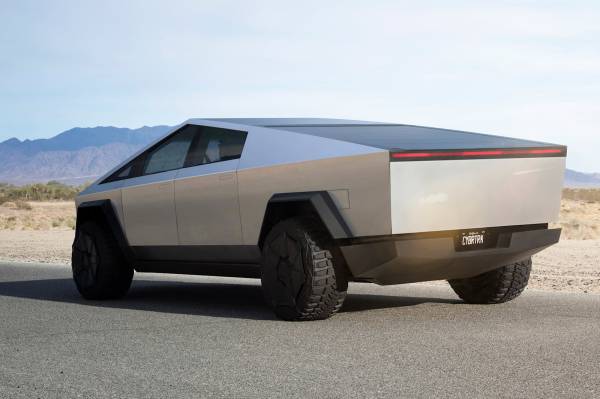Tesla’s ambitions in India have resurfaced, signaling discussions of a substantial investment amounting to billions of dollars in the country’s electric vehicle landscape. On November 6, key government departments engaged in deliberations over policy changes that could impact electric vehicle manufacturing, with a specific focus on Tesla’s proposed investment and the requisite government actions for approval.
Recent revelations shed light on the specifics of Tesla’s investment proposal in India. According to reports from Bloomberg, the electric vehicle giant is purportedly planning an initial investment of approximately $2 billion for a new manufacturing plant in the country. In a move to foster local partnerships, Tesla is also contemplating a substantial purchase of auto parts from India, amounting to a staggering $15 billion. Further, the company is exploring the feasibility of establishing battery production facilities in India as a strategic measure to mitigate costs.
Addressing a long-standing hurdle, Indian government officials recently deliberated on Tesla’s plea for a reduction in tariffs for imported cars, particularly focusing on electric vehicles. The proposed consideration involves the implementation of a sunset clause, extending tariff concessions not only to Tesla vehicles but to all imported electric vehicles in India.
The historically high import taxes on foreign vehicles have posed challenges for Tesla’s entry into the Indian market. With the local government contemplating a reduction in import taxes, the prospect of Tesla India becoming a reality has gained momentum.
Anticipation is building for an official announcement regarding Tesla’s investment plans in India, expected to take place at the Vibrant Gujarat Global Summit in January 2024. Elon Musk, Tesla’s CEO, had previously hinted at substantial investment plans for India in June, with a slated visit to the country in 2024. As Tesla navigates through discussions with Indian authorities and policymakers, the unveiling of these ambitious plans could mark a significant milestone in the company’s global expansion strategy.







